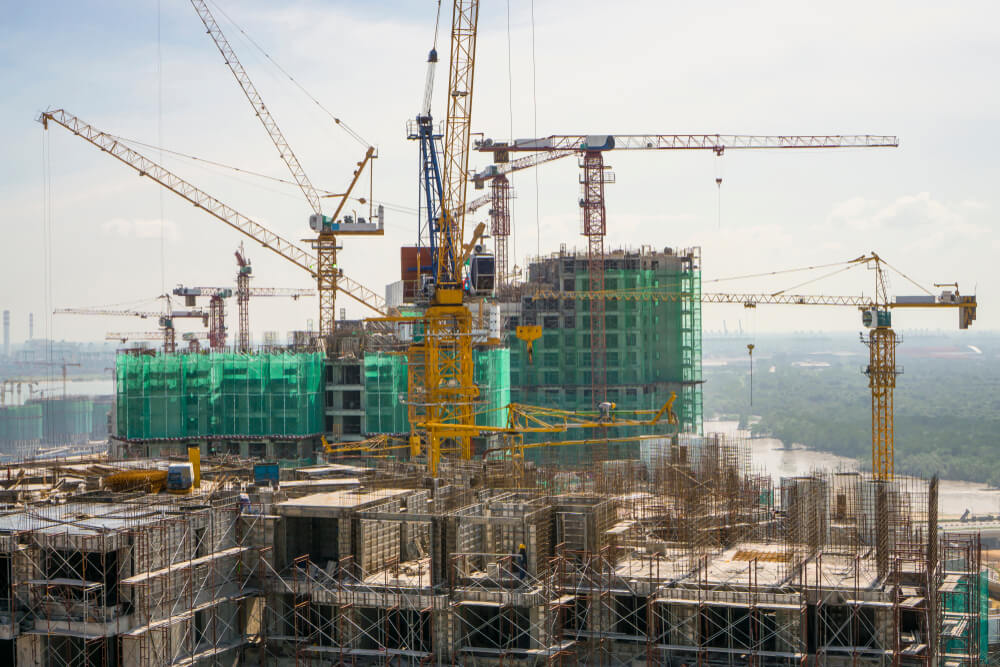Revitalising urban spaces for a modern tomorrow
India is witnessing a remarkable surge in housing redevelopment projects, reshaping the urban landscape and addressing pressing challenges associated with aging infrastructure and space limitations. Particularly prominent in cities like Mumbai, this trend is not only meeting the demands for modern amenities but also contributing to economic growth. However, this transformation is not without its complexities and considerations.
Redevelopment’s growing footprint
In recent years, the proportion of redevelopment projects in Mumbai’s construction activity has surged, constituting approximately 15-20%. Reports indicate that this percentage is poised to expand further, potentially reaching 25-30% in the next two to three years. This substantial increase underscores the pivotal role redevelopment plays in shaping the future of urban living in India.
Benefits of Redevelopment
1.Enhanced safety and security
Older structures often lack compliance with contemporary safety standards, making them vulnerable to natural disasters. Redevelopment projects prioritise the construction of buildings with modern safety features, providing residents with enhanced security and peace of mind.
2.Improved infrastructure and amenities
The infusion of modern amenities, such as elevators, gyms, and efficient waste management systems, significantly enhances the overall quality of life for residents. Redevelopment projects not only upgrade existing structures but also contribute to creating sustainable and comfortable living environments.
3.Efficient use of land
In densely populated cities where space is a premium, redevelopment allows for the optimal utilisation of existing land. This translates into a larger number of housing units, effectively addressing the growing demand for housing in urban areas.
4.Economic boost
The ripple effects of redevelopment extend beyond the construction sector, generating employment opportunities in architecture, allied industries, and local economies. This economic boost contributes to the overall development of the region.
Challenges and considerations
1.Displacement and disruption
One of the primary challenges associated with redevelopment is the temporary displacement of residents during construction. This can lead to inconvenience and disrupt established communities, necessitating careful planning and communication.
2.Fair compensation and negotiations
Ensuring fair compensation for displaced residents and maintaining transparency in negotiations with developers are critical aspects. The complexity of these processes requires a delicate balance between the interests of all stakeholders.
3.Infrastructure strain
The influx of new residents due to increased housing capacity can strain existing civic infrastructure. Adequate planning and coordination between developers and local authorities are essential to address this challenge effectively.
4.Loss of heritage and character
While redevelopment brings about modernisation, it may also result in the demolition of older structures with historical or cultural significance. Balancing the need for progress with the preservation of heritage and character is a delicate task.
Moving forward
The rise of housing redevelopment in India presents both opportunities and challenges. To ensure a sustainable and equitable approach, robust regulations, transparent practices, and a focus on community engagement are crucial. By balancing the need for modernisation with the importance of social and cultural considerations, India’s urban renewal can create vibrant and livable spaces for the future. This transformative journey promises to redefine the narrative of urban living, laying the groundwork for a more dynamic and resilient India.



